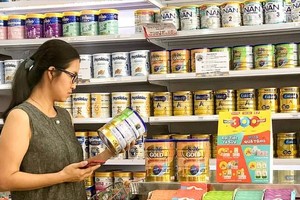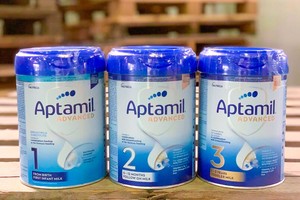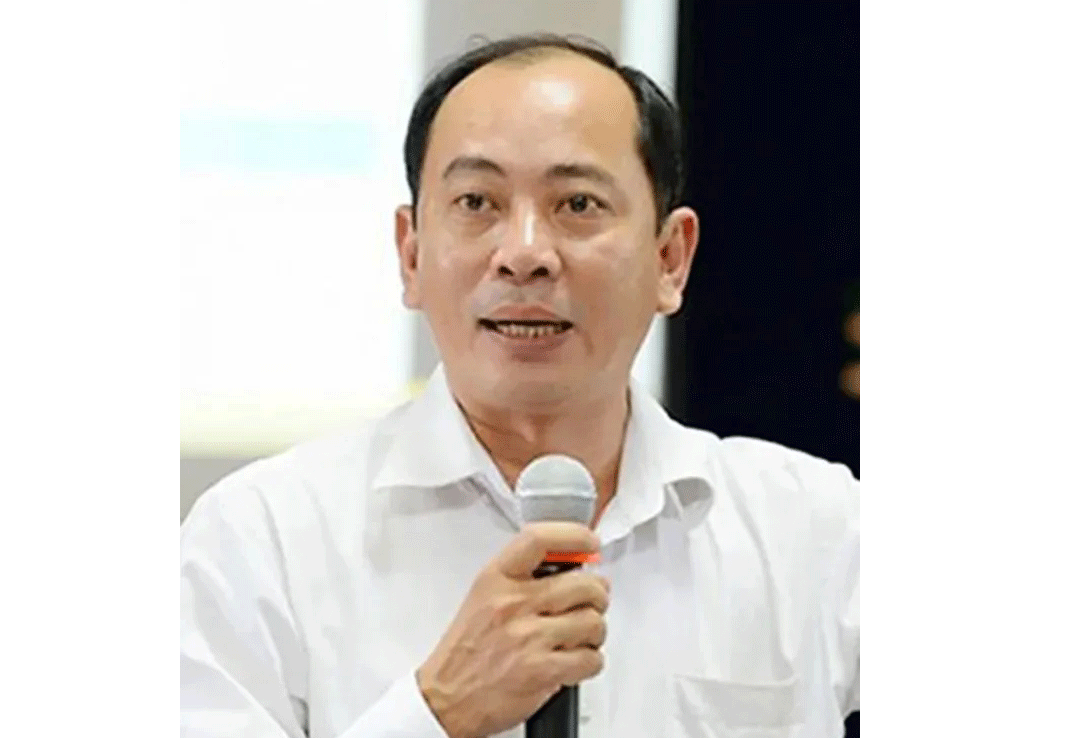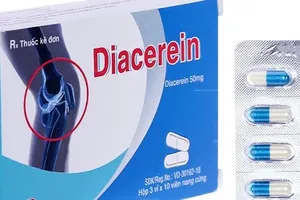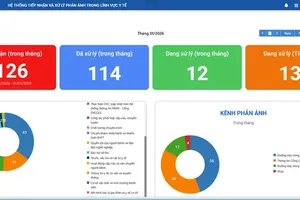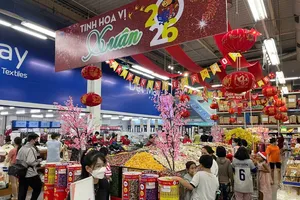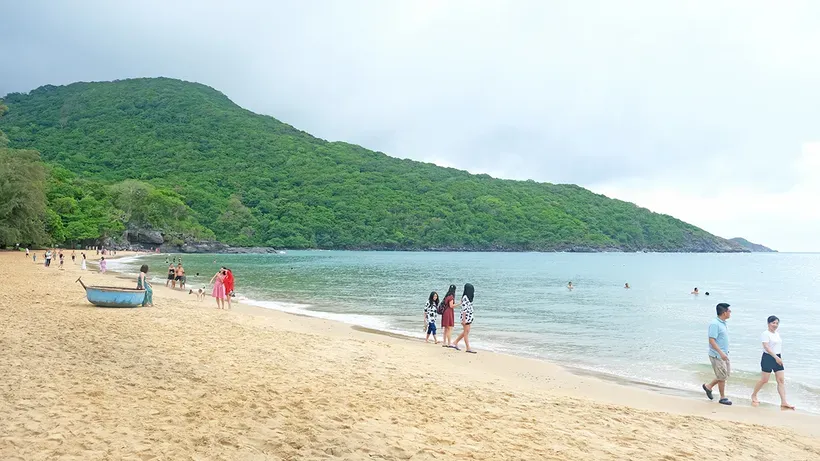
At a meeting with the administration in Con Dao Special Zone on July 25, Chairman of the Ho Chi Minh City People's Committee Nguyen Van Duoc directed the Department of Health to organize doctor rotations to Con Dao, invest in medical equipment, and develop local hospitals to enhance healthcare services for residents. Among 274 doctors from Ho Chi Minh City’s fourth grassroots health deployment, 21 young doctors voluntarily registered to work in health stations in the former Binh Duong and Ba Ria–Vung Tau provinces including Con Dao Military-Civilian Medical Center.
Chairman Nguyen Van Duoc also urged Con Dao authorities to explore long-term solutions such as seawater filtration systems, solar and wind energy, and to prioritize the construction of new waste treatment facilities. Notably, Con Dao is set to lead in developing green transportation, promoting eco-tourism, and reducing emissions, while also focusing on the digital and circular economies.
With a combination of immediate social policy measures and forward-looking strategic investments, Con Dao is laying the groundwork for a profound and historic transformation.
In Con Dao's new development model, the foremost priority is to ensure a "conservation value chain"—meaning development must not compromise existing natural and cultural resources. Economic activities must be carefully managed and balanced with the preservation of biodiversity, natural ecosystems, cultural heritage, and the island's historical legacy. Simultaneously, regional connectivity must be expanded—not only with Ho Chi Minh City but across the broader Southeast region.
For instance, maintaining Con Dao as a low-emission zone requires that this environmental advantage be upheld across four key sectors: transportation, energy, the marine economy, and tourism. These are also the island’s primary emission sources and must be addressed with comprehensive solutions to progressively move toward net-zero carbon neutrality. Addressing connectivity challenges between the mainland and the island will rely heavily on advanced technologies and high-speed transmission systems to deliver efficient, timely solutions. In this regard, "green" and "digital" pathways represent the optimal direction for Con Dao’s development.
To realize this vision, a corresponding set of mechanisms—or "resource frameworks"—must be activated. Leveraging the unique privileges of special zone policies, both domestic and international, can provide the necessary momentum. Given Con Dao's remote location and the high cost of infrastructure development, it is reasonable to allow the appointment of strategic investors with robust financial capacity and proven expertise for major projects. Generous corporate income tax incentives will also be essential to attract and secure large-scale infrastructure investments.
Over the next five years, Con Dao will require approximately VND16,000 billion in public investment—far beyond what local resources can provide. A viable solution is for Ho Chi Minh City to retain 70 percent of the excess revenue from shared revenues as a vital mechanism to generate additional funds for infrastructure, especially transportation links. Tailored policies are also needed for independent initiatives such as resettlement of households from Protection Zone II of Con Dao Prison Historical Site and the proposed public transport cable car connecting the airport with the town center, an alternative to road expansion that would better protect the national park’s forest ecosystem. These are pressing issues that must be addressed to enable Con Dao’s transformative progress.













